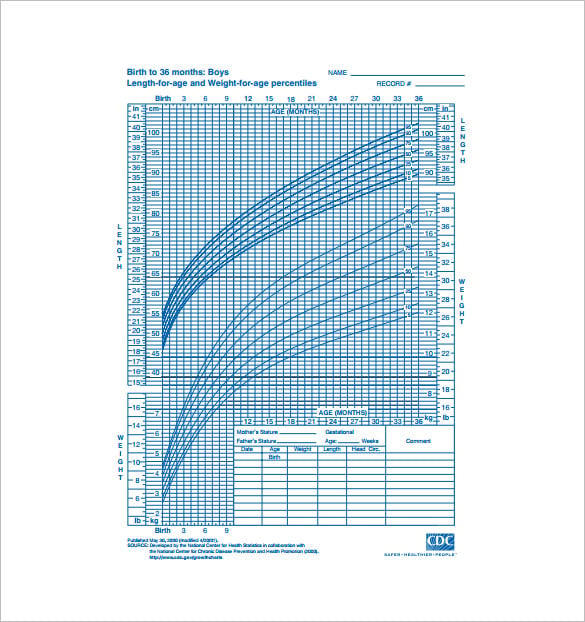
Talk with your healthcare provider to determine appropriate ways to lose weight. Even a small weight loss (just 10% of your current weight) may help lower the risk of disease. In addition, anyone who is obese should try to lose weight. While many children have obesity, DO NOT use this BMI calculator for evaluating a child. If you are older than 65, for example, a slightly higher BMI may help protect you from thinning of the bones (osteoporosis). People who are overweight or obese are at higher risk for chronic conditions such as high blood pressure, diabetes, and high cholesterol.Īt a minimum, anyone who is obese should try to avoid gaining additional weight. In older adults it is often better to have a BMI of 25 to 27, rather than under 25. Your weight is in the obese category for adults of your height.

Additionally, if you are overweight with other risk factors (such as high LDL cholesterol, low HDL cholesterol, or high blood pressure), you should try to lose weight. People who are overweight or obese are at higher risk for chronic conditions such as high blood pressure, diabetes, and high cholesterol.Īnyone who is overweight should try to avoid gaining additional weight.

Your weight is in the overweight category for adults of your height. Maintaining a healthy weight is important because it may reduce the risk of chronic diseases associated with overweight and obesity. Your weight is within the normal range for adults of your height. Talk with your healthcare provider to determine possible causes of underweight and if you need to gain weight. Your weight is in the underweight category for adults of your height.


 0 kommentar(er)
0 kommentar(er)
